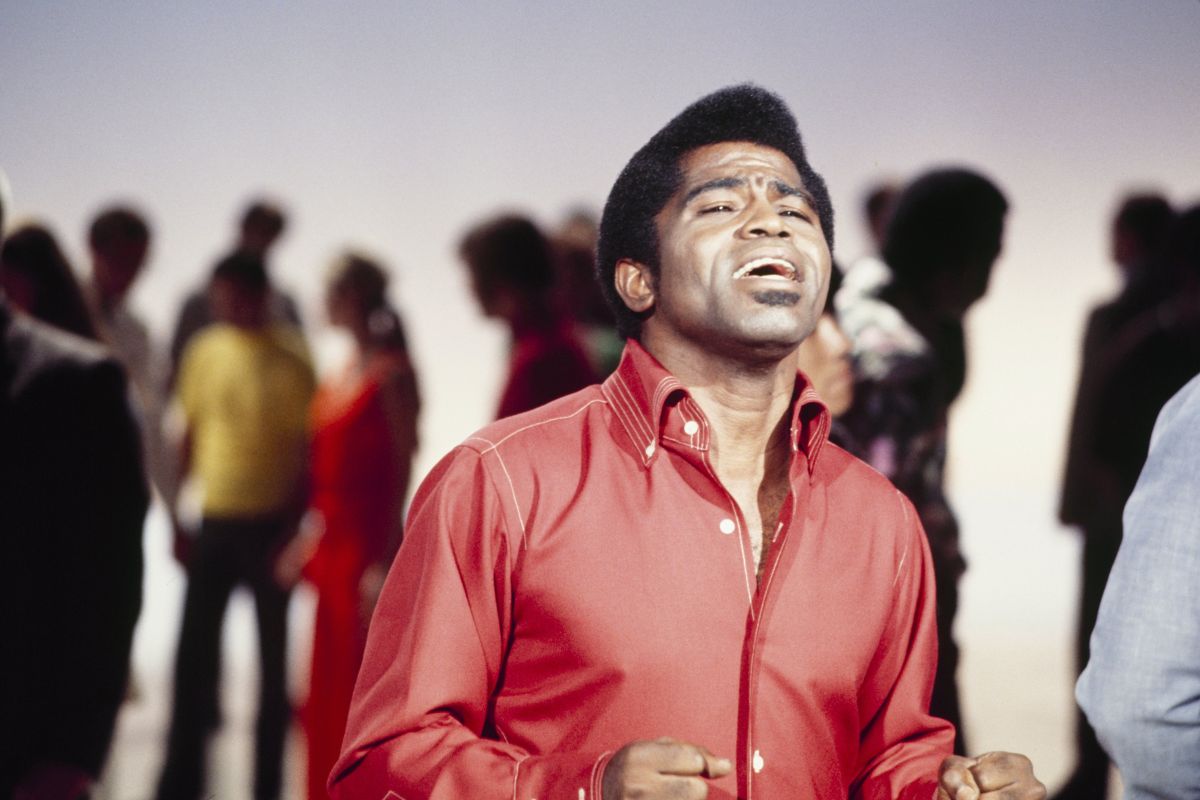
HOW THE CHITLIN’ CIRCUIT SHAPED THE SOUL OF AMERICAN MUSIC
If you go deep enough into the annals of American music, you’ll find the Chitlin’ Circuit. A network of Black American venues exchanging music and culture, the Chitlin’ Circuit emerged during segregation as a means of escape. These venues ranged from smoky juke joints and lively dance halls to grand theaters. They served various Black audiences in both urban centers and rural areas of the South. These spaces offered a platform for Black musicians, comedians, and performers, becoming the cradle for some of the most influential figures in American music.
A Cultural Phenomenon Emerges In Response to Jim Crow
In the early 20th century, the United States was divided by color lines. Segregation laws, known colloquially as “Jim Crow,” prohibited African Americans from sharing spaces with white people, extending to restaurants, hotels, and entertainment venues.
In the throes of this repressive environment, the Chitlin’ Circuit emerged as a symbol of defiance and optimism. Taking its name from chitlins—a staple in African American soul food—the circuit’s network of venues entertained Black audiences and provided a social environment free from segregation’s harsh realities.
From the Apollo Theater in Harlem to the Regal Theater in Chicago, the Chitlin’ Circuit comprised venues that would become hallowed ground for musicians and fans alike. The Howard Theatre in Washington, D.C. and the Uptown Theater in Philadelphia also played crucial roles in this network, hosting legendary performances that would shape the future of American music. More than just places to have fun, these establishments served as gathering places for Black Americans to honor their heritage. Here, they could voice their opinions on important social issues and seek refuge from difficult times.
Stars of the Chitlin’ Circuit
The Chitlin’ Circuit became a launching pad for some of the most influential artists in American music history. Icons like Ray Charles, Aretha Franklin, James Brown, and B.B. King honed their crafts on these stages. These artists, among many others, broke musical boundaries and challenged societal norms. They used their platform to address racial inequality and inspire change.
James Brown often hailed as the “Godfather of Soul,” embodied the spirit of the Chitlin’ Circuit. His electrifying performances and profound social commentary resonated deeply with Black audiences. Similarly, B.B. King’s soul-stirring blues guitar introduced a new level of emotional depth to music, influencing generations to come.
As the Civil Rights Movement gained momentum in the 1960s and legal segregation ended, the Chitlin’ Circuit began to evolve. The barriers that once necessitated its existence gradually diminished, and artists began to perform in previously segregated venues. However, the circuit’s impact on American music and culture remains indelible.
Today, the Chitlin’ Circuit’s impact lives on. The circuit was an inspiring example of the resilience of artists who, while facing institutionalized racism, managed to forge a rich musical heritage that would impact American music for decades. Academic research, museums, and movies continue to investigate its relevance, paying tribute to the Chitlin’ Circuit’s musicians and venues.
2024-04-03T19:07:08Z dg43tfdfdgfd